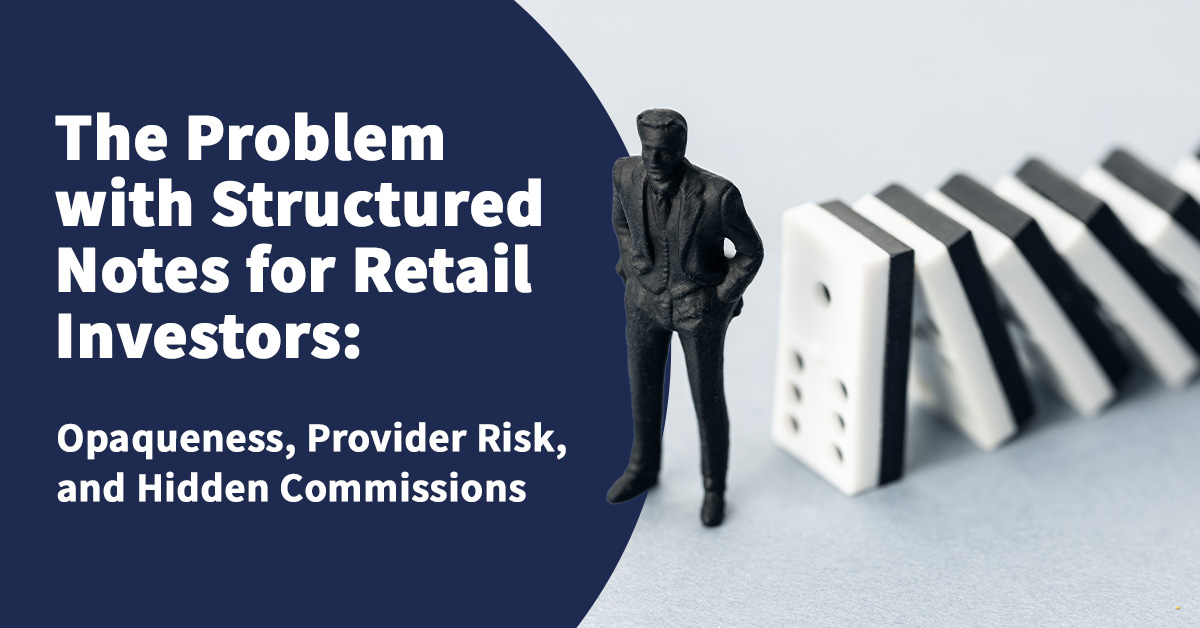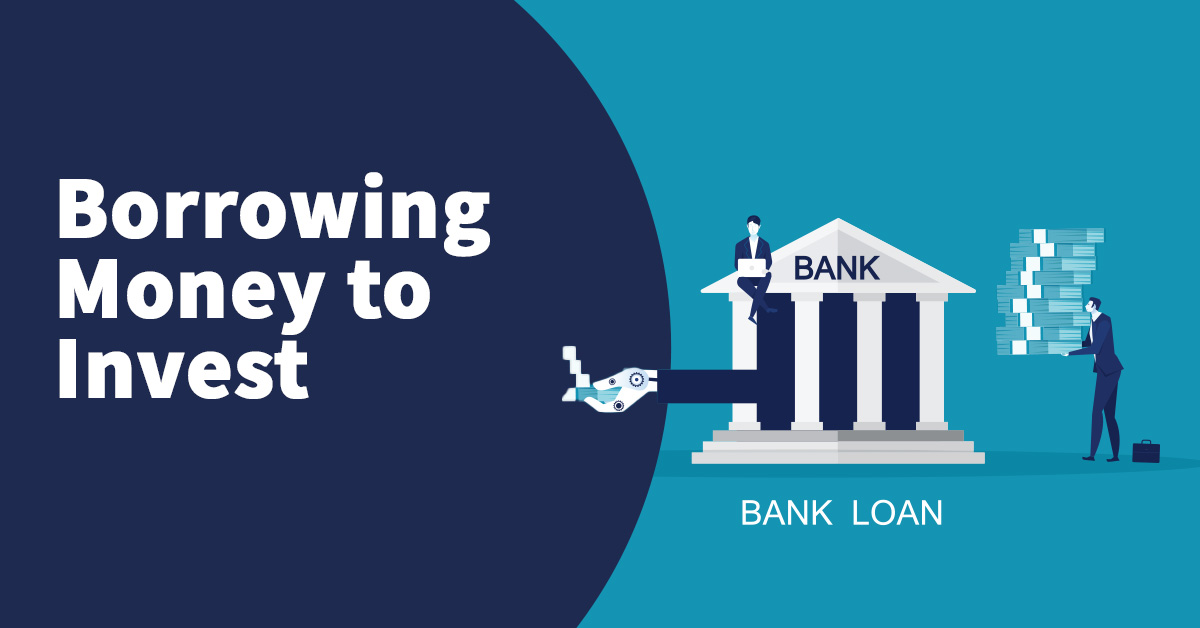The longest word in the English language is 189,819 letters long.
It’s the name for a protein nicknamed “Tintin” and would take you over 3 hours to say out loud.
The reason I’m sharing this is simple…189,819 letters is far too long!
That word could have easily been simplified down to 25, or even 10 letters. But it wasn’t.
Why?
Because some people LOVE to complicate things!
But investing does not need to be complicated. Nor should it be.
Here are a few very simple but vital tips, that will help you on the road to success:
1.Diversification
Your investment should always form a well diversified portfolio. Holding an appropriate asset allocation that is aligned with your willingness and ability to bear risk during periods of volatility, is key. A healthy portfolio should include a number of different assets. I am sure you have heard the saying don’t put all of your eggs in one basket. The main reason for this is to stop you being too heavily exposed to one sector, geography, or asset class. When you have a well diversified portfolio your holdings will not move in the same direction, as they are not correlated. This reduces risk and volatility.
2. Know your purpose
Before investing, you should know your purpose and the likely time in the future you may need the funds. If you are likely to need your investment returned within a few years, consider keeping your funds as cash. But remember that keeping your funds as cash will likley mean you will have less money in a few years than you started with. Gone are the days of bank accounts providing a decent fixed return. It is important that you try to keep up with inflation as otherwise your capital will erode over time. Think carefully about what you are saving for, whether it be your children’s university funding, the deposit on a house, or retirement. It always helps to focus on the end goal, to have a purpose and something to aim for.
3. Time in the market
Patience and time in the market—not market timing—are vital to investment success. This discipline means that investors should put short-term market and headline volatility into perspective and never lose sight of the long-term goal. Human beings are conditioned to act on impulse. And when it comes to investing human emotion tends to do far worse than good. We tend to do the opposite of what we should be doing. When markets soar, we flock to buy and when markets plummet, fear kicks in and we are overwhelmed with an urge to sell.
The best course of action is to stay put and leave your portfolio as it is. Even experienced fund managers cant get market timing right. Acknowledge there will be good years and bad years. Most investors spend far too much time worrying about thier investments. Be disciplined and stay invested.
4. Watch your costs
Lowering costs is one of the best means of achieving long-term investing success. Beware hidden costs of investment funds and make sure that the fund expenses you pay are justified. Remember that compounding costs year on year can dramatically reduce your returns. Just like compound interest can dramatically increase your returns. High costs have the opposite effect. Although you have little control on how your fund performs you can control the fees you pay. It stands to reason that the more you pay to invest the less your returns will be. Costs create a gap between the market return and what you as an investor actually receive.
5. Don’t Sweat the Small Stuff
Rather than panic over an investment’s short-term movements, it’s better to track it’s big-picture trajectory. Have confidence in an investment’s larger story, and don’t be swayed by short-term volatility. It is important to understand that uncertainty and volatility is a natural part of investing, Sticking to the goal and ignoring the noise will ultimately lead to a better investment experience.
6. Adopt a Long-Term Perspective
While large short-term profits can often entice market neophytes, long-term investing is essential to greater success. And while active short-term trading can make money, always remember this involves a much greater degree of risk than buy-and-hold strategies
 ????
????
Find out how we can help you
If you would like to understand more about this topic get in touch
Related posts
- Published On: July 8, 2024|3.2 min read|
The Problem with Structured Notes for Retail Investors: Opaqueness, Provider Risk, and Hidden Commissions
Structured notes are financial instruments that can seem attractive due to their potential for high returns and tailored investment strategies. However, they come with significant risks and drawbacks, especially for retail investors.
Read more












